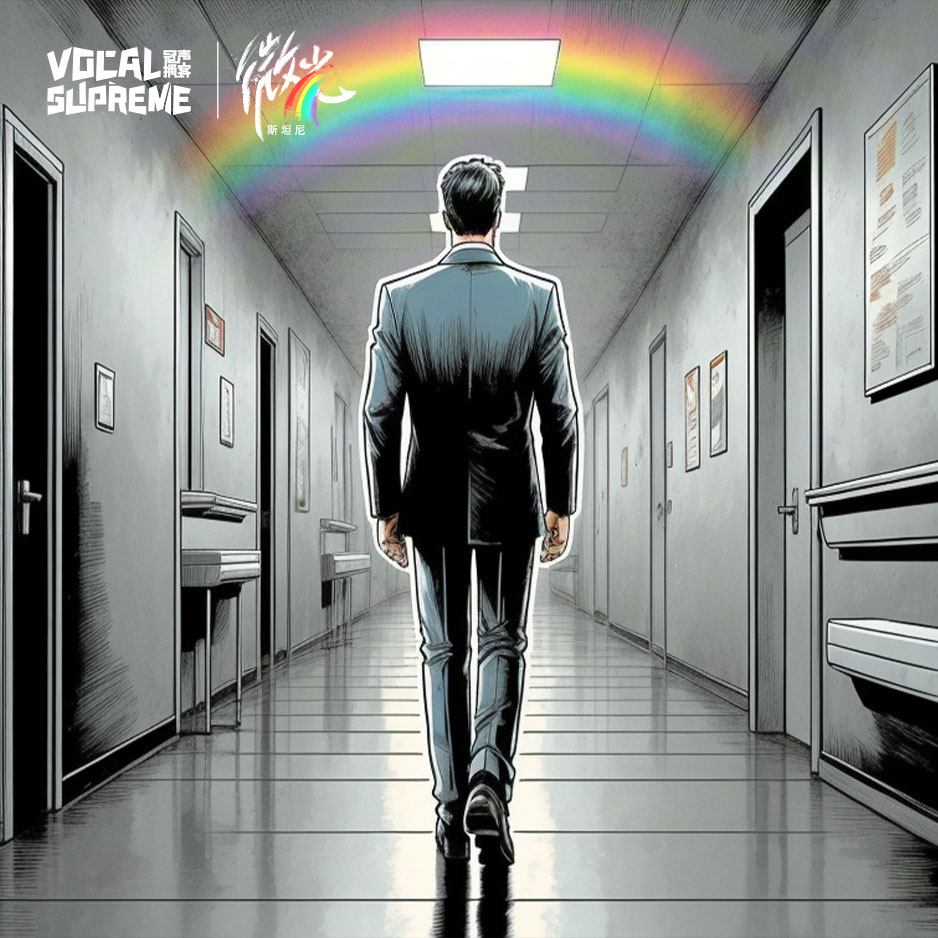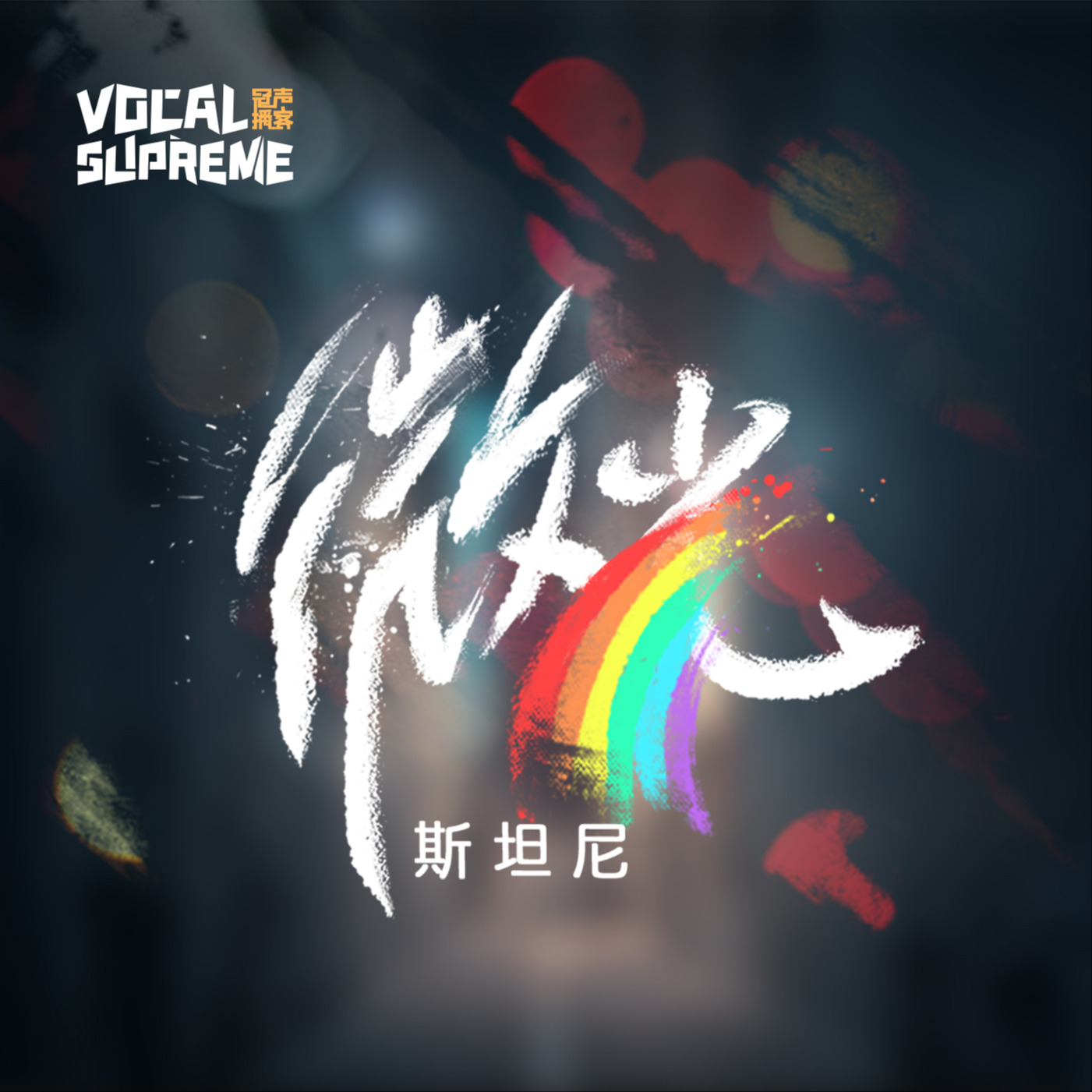
Deep Dive
Why did the doctor tell Xiao Ke that homosexuality is a disease?
The doctor, from a top-tier hospital in Hangzhou, stated that homosexuality is a disease based on outdated medical guidelines from the early 2000s, despite China removing it from the list of mental illnesses in 2003. The doctor provided no treatment plan or medication, simply asserting it as a disease without further explanation.
What was Xiao Ke's father's primary concern about his son being gay?
Xiao Ke's father was primarily concerned about his son's future, particularly regarding stability and companionship. He worried about the instability of same-sex relationships, the inability to have children, and the lack of legal recognition for same-sex marriages. He also feared Xiao Ke would be left alone after his parents passed away.
How did Xiao Ke's parents initially react to his coming out?
Xiao Ke's parents were deeply saddened and emotional, crying and expressing their disappointment. They had always prioritized marriage and children as the most important aspects of life, and Xiao Ke's revelation shattered their expectations. They initially believed he was ill and insisted he seek medical help.
What role did Xiao Ke's sister play in his coming out process?
Xiao Ke's sister played a crucial supportive role. She helped mediate the conversation with their parents, explaining the nature of homosexuality and encouraging them to research the topic. She also reassured Xiao Ke and provided emotional support throughout the process.
Why did Xiao Ke's father suggest a 'marriage of convenience' (形婚)?
Xiao Ke's father suggested a 'marriage of convenience' as a way to provide Xiao Ke with companionship and a sense of stability. He believed it would also help him fulfill societal expectations and ease the pressure from extended family, even though he acknowledged it wouldn't be a traditional marriage.
What advice does Xiao Ke give to others considering coming out?
Xiao Ke advises others to be emotionally stable, well-prepared, and financially independent before coming out. He emphasizes the importance of self-acceptance and suggests seeking support from LGBTQ-friendly organizations or communities. He also encourages individuals to share their stories to provide reference points for others.
How did Xiao Ke's mother's perspective change after learning about homosexuality?
Xiao Ke's mother initially blamed herself for his sexual orientation, believing she had somehow caused it. However, after learning more about homosexuality being genetically determined, she shifted her perspective and stopped blaming Xiao Ke, though she still struggled with feelings of guilt and loss.
What challenges do LGBTQ individuals face regarding future care and aging?
LGBTQ individuals often face challenges related to future care and aging, including the lack of legal recognition for same-sex partnerships, societal stigma, and the absence of traditional family structures. Many parents worry about their children being left alone without support or companionship in their later years.
Why does Xiao Ke recommend seeking LGBTQ-friendly doctors before coming out?
Xiao Ke recommends seeking LGBTQ-friendly doctors to ensure that medical professionals provide accurate and supportive information. This helps prevent situations where doctors, like the one he encountered, might reinforce outdated or harmful beliefs about homosexuality being a disease, which could further complicate the coming-out process.
What is the significance of the '101 Coming Out Stories' series?
The '101 Coming Out Stories' series aims to provide diverse and relatable experiences for LGBTQ individuals considering coming out. By sharing a wide range of stories, the series offers valuable insights, strategies, and emotional support, helping others navigate their own journeys with greater confidence and understanding.
- 小可和姐姐合作向父母出柜
- 父母的反应是伤心和难以接受,而非愤怒
- 小可寻求三甲医院医生的帮助,但医生却认为同性恋是病
Shownotes Transcript
继续上期的故事,小可在和姐姐出柜后,两人打算里应外合向父母出柜,并且还约了当地三甲医院的医生,希望能给父母参考。去医院那天,小可真诚的询问了同性恋相关,可是医生却告诉他:同性恋是病!
小可是否还能继续顺利出柜?欢迎收听《微光·斯坦尼》第4季第5期下集的节目,本期我们和斯坦尼Rainbow一起关注小可后面的故事,聊聊同性群体关于出柜和未来养老的问题……
节目主理人 | 斯坦尼Rainbow
本期嘉宾 | 小可
节目制作 | 冠声播客Vocal Supreme
制作人 | 樱木星
后期 | 樱木星
封面 | 樱木星
结尾音乐 | 《When You Were Mine》-Hayd
故事投稿 | [email protected])
还可以通过微博或微信公众号搜索「冠声播客Vocal Supreme」与我们联系,分享你的故事
Show notes|时间轴|
00:22 上集回顾
00:52 和姐姐打配合出柜
05:51 相信医生可以提供帮助,没想到却告诉我同性恋是病
09:47 寻求【出色伙伴】帮助,参考同性恋友好医生名单♥
10:03 性取向是与生俱来的,是基因自带的
13:30 父亲希望我可以通过形婚稳定后半生
18:23 父母关心的问题:同性恋养老
20:53 形婚的方式真的可靠吗?
26:01 希望【101个出柜故事】能给大家可以参考的样本♥
28:33 不要陷在自己的思想泥潭里,找准时机足够坚定
34:59 要让自己变得更好,才能有更多的选择
你可以在各大音频平台搜索「微光·斯坦尼」订阅本节目,期待你的投稿、留言、转发和赞赏,并在苹果podcast上给节目五星好评。谢谢你的支持!用分享点亮微光,让我们看见不同的彩虹人生。
期待你的投稿,你的故事~
